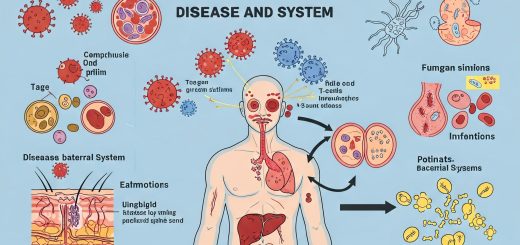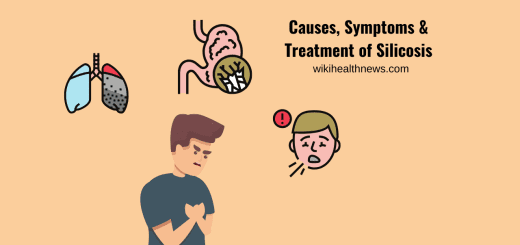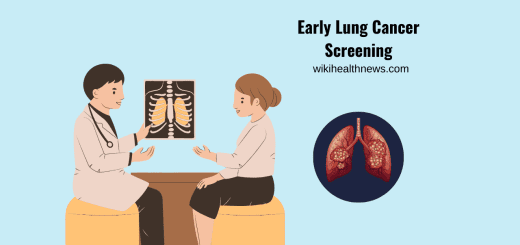Is Psoriasis curable: Cost of Treatment
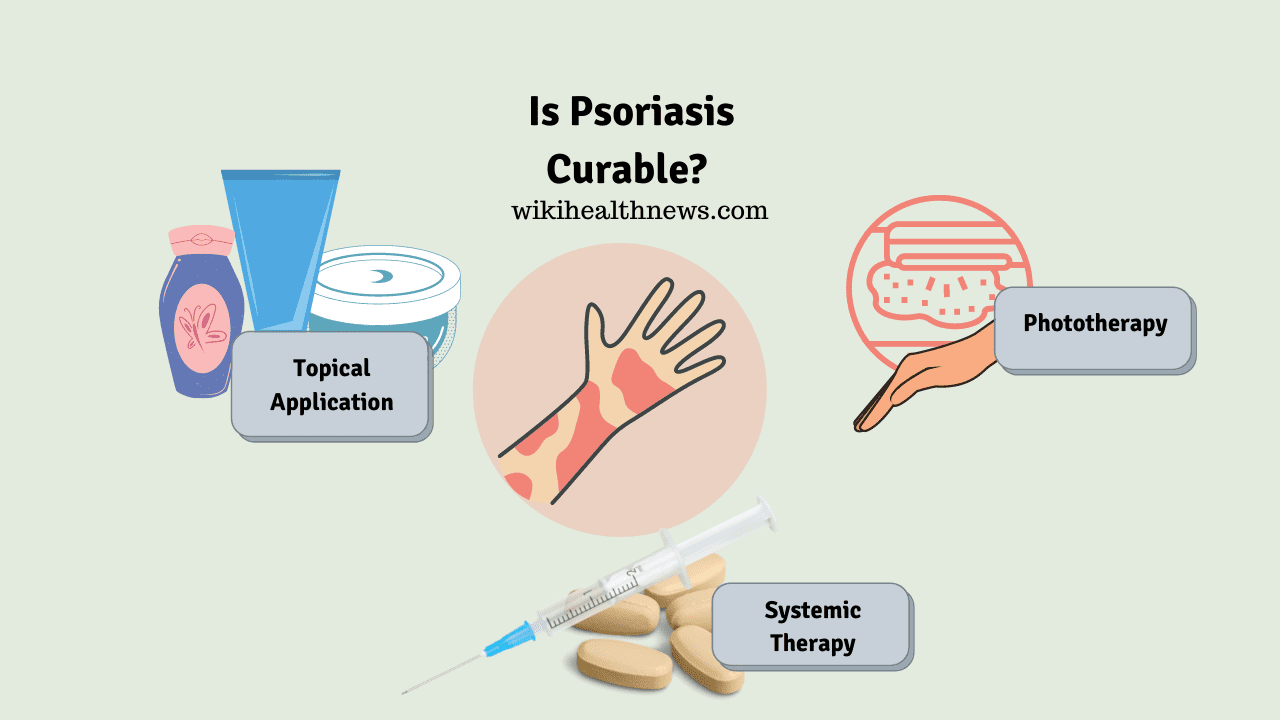
Psoriasis is a long term disease process affecting the skin in particular areas like face, scalp, palm, sole and nails. It occurs due to the uncontrolled growth of the upper skin layer at places. The excess skin tissue dries and sheds like scaly patches. Extreme itching , burning and pain are the hallmarks of this disease.
Usually, psoriasis is a mild health condition in around 75% cases. Severity of this disease expression reduces quality of life. Patients with facial involvement show loss of confidence and self esteem. It commonly affects the elbows, knees, scalp, umbilicus, and lumbar region. This disease expression varies in different individuals.
What causes psoriasis?
Defective Immune system
This is a disease where your immune system defense mechanism disrupts. Certain infections can trigger these immune responses. Immune system of your body harms your own organs and this is known as autoimmunity. Your body defense system can not differentiate between your own tissues and foreign harmful compounds. As a result, the immune system acts erratically, fighting its own cells and organs. It releases chemicals and compounds which damage the skin, bones and internal organs.
Genetic
Many patients with psoriasis have family members affected due to its genetic linkage. Family clustering of cases are seen indicating strong genetic background. In addition it can also affect identical twins equally. If your first degree relatives are affected then you carry higher risk of this disease manifestation.
Triggering Factors
Although not implicated as causative factors, smoking and stress can precipitate an underlying disorder.
Is psoriasis a contagious disease?
Psoriasis is a disease involving inflammation of skin and underlying tissue. It is not caused by any pathogenic organism. Many bacteria like streptococcus may cause additional infection in psoriatic individuals. Hence, this disease can not spread by touch or physical interaction.
Can psoriasis cause sudden death?
This is a chronic disease and evolves over years of inflammatory changes. Initially it affects the skin and underlying tissue, but later it can involve bones, blood vessels, joints and organs. Once the organs like kidney and heart are affected it becomes life threatening. Usually it is a mild disease with skin involvement and causes years of suffering. Sudden death in this disease is rare unless it affects vital organs.
When to see the doctor?
Usually patients neglect this disease initially due to its mild nature. But early diagnosis and treatment can halt the disease progression. As soon as any skin involvement is seen you must see your doctor. Although this disease is not curable, the course of disease can be modified. You must carefully look for the salient features of this disease. Any scaling lesions occurring repeatedly with itching needs medical attention.
Disease manifestation
The skin lesions of psoriasis commonly involve the elbows, knees, scalp, umbilicus, and lumbar region. Less often they are seen on the nails, face, palms and soles or in intertriginous regions.
Scalp psoriasis: It is found in almost all patients at some point. Silvery or reddish scales are seen which crack and bleed. Pain and burning in these lesions can result in frequent scraping and alopecia.
Facial psoriasis: Around 20% cases have facial psoriasis which represents severe disease. Upper and lower forehead, cheeks and around ears are most frequently involved. Rarely the lesions can involve areas around the eyes and mouth.
Intertriginous areas: It is an uncommon form of psoriasis known as inverse psoriasis. It involves skin folds below the arms, thighs and umbilicus. These are not scaly but reddish shiny lesions.
Psoriasis of palm and sole:
10-15% cases of patients show involvement of the palm and sole. This type of psoriasis is a severe form and resistant to treatment. Physical impairment and strong psychosocial involvement is seen in this type.
Can psoriasis lead to cancer?
Although the suffering with this disease can be compared with cancer, this doesn’t cause malignancy. Widespread lesions in the body with long years of suffering is the hallmark of psoriasis. Rarely a type of cancer of the lymphatic system called lymphoma may occur after years of involvement.
How costly is the treatment of psoriasis?
Although this disease is not curable it is a treatable condition. Novel therapies can be adopted to increase the quality of life and disease modification. Various characteristics of this disease makes it a costly therapy.
- Long standing disease process
- Widespread involvement
- Cosmetic impact
- Nature of disease affects quality of life
- Complex multifactorial organ involvement
- Severity of lesions
Long years of cosmetic therapy with topical application makes it a costly treatment. Facial psoriasis is often the costliest to treat. Expenditures can rise up to 15,000-20,000 INR per month with the novel methods of treatment.
What complications can occur in psoriasis?
Bones and joints : Psoriatic arthritis involving the joints develops in up to 40% of patients with destruction of joints and bones. Nail psoriasis is often associated with bone and joint involvement.
Hyperlipidemia: Psoriasis in the long run can give rise to metabolic syndrome causing high blood lipid levels.
Hypertension: Due to the involvement of arteries and subsequently the heart and kidneys it gives rise to hypertension.
Coronary artery disease- Increases risk for myocardial infarction, stroke, and death due to cardiovascular disease
Type 2 diabetes: Patients can have blood sugar abnormalities and tend to develop diabetes.
Increased body mass index: Metabolic disorders and social withdrawal can often lead to obesity.
Gastrointestinal : Inflammatory changes like Crohn’s disease and liver involvement is seen in some patients.
Chronic kidney disease : Psoriasis might be a risk factor for chronic kidney disease and end-stage renal disease, independent of traditional risk factors.
Psoriasis can decrease quality of life
Psoriasis is a disease well known for reducing quality of life. The various factors contributing to it are:
- Severity of symptoms like pain, itching and bleeding
- Localization of lesions in specific areas
- Face & scalp involvement impacts physical appearance
- Severe disease can lead to unemployment
- Difficulty in everyday activities
- Problems of intimacy due to the skin lesions
Psoriasis and mental health
The impact of psoriasis on psychological and mental health is immense. This disease makes one withdraw from society. Disease burden, cost of treatment, cosmetic disfigurement and insecure relationships, all can cause one psychologically unstable.
Various mental conditions seen in psoriasis are:
- Depression
- Anxiety
- suicidal ideation
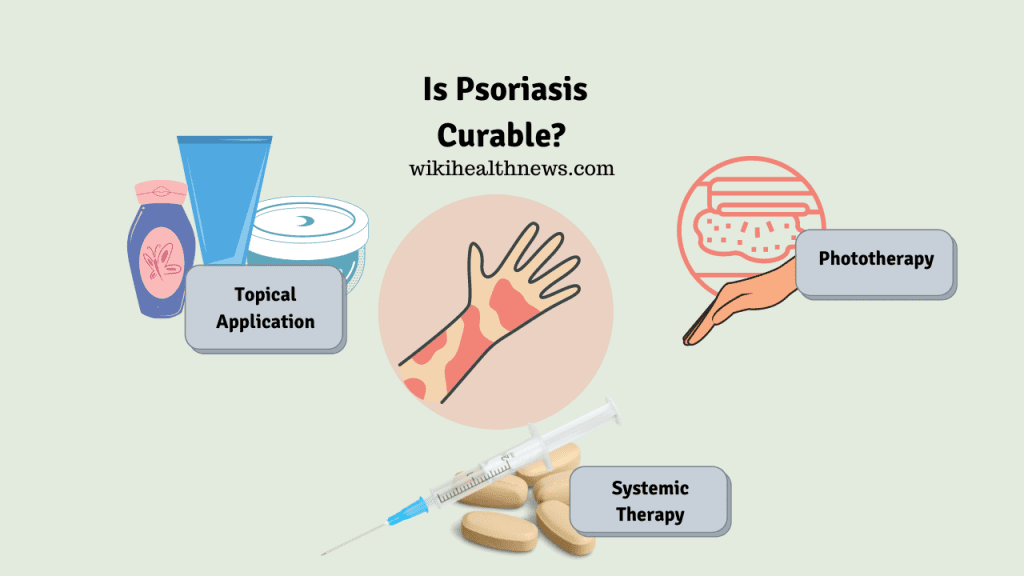
Treatment of psoriasis:
Psoriasis may not be a curable condition as the disease process appears again and again. However there are many treatments available which suppresses the disease and help you lead a normal life.
Topical application: At first your doctor would suggest a mild ointment or emollient of any of these compounds:
- Steroid ointments and lotion
- Vitamin D3 and Topical immunomodulators
- Emollients, tar-based products and antimicrobial agents.
Phototherapy: This is a costly treatment option when the local steroids don’t help.
PUVA and NB-UVB therapy is useful for reducing pain and itching.
Oral medications: In resistant cases following systemic drugs are used
- Acitretin,
- Methotrexate
- Cyclosporine
Biological treatment: These therapies can be helpful in some cases.
- Secukinumab
- Ustekinumab
- Ixekizumab
Enzyme inhibitor
Apremilast
Read more






